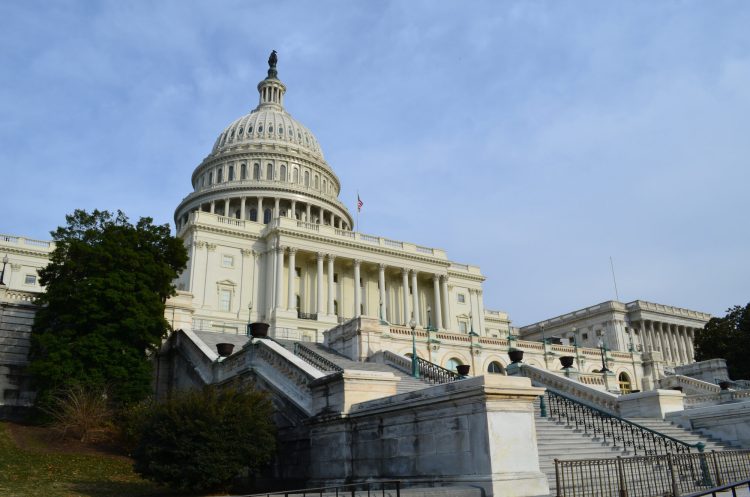This op-ed by Concord Coalition Executive Director Robert L. Bixby argues that both the tax bill passed Thursday by the House and legislation under consideration in the Senate fall short of true reform. The column originally appeared this week in the Daily Times Herald (Carroll, Iowa).
Everyone in Washington agrees that the federal tax system needs substantial reform.
The system infuriates with its complexity, warps economic decision-making and unreasonably favors some taxpayers over others. In addition, the tax system is badly out of sync with federal spending.
Unfortunately, the proposed tax overhaul legislation now under consideration on Capitol Hill would fall far short of true reform. The House and Senate tax bills have some significant differences that could prove difficult to resolve.
But in any case, both tax bills would actually make things worse, with a bad legislative process leading to bad fiscal and economic policy.
The most obvious problem is that lawmakers and President Trump want to finance large tax cuts with borrowed money. At the same time, they are pushing for new spending in areas such as defense and border security.
The federal debt, which recently rose above $20 trillion, is already on an unsustainable path. Even under current law — without tax cuts and additional spending in areas such as defense — the Congressional Budget Office estimates that Washington is already on course to add more than $10 trillion to the debt over the next decade.
Under conventional budget scoring, the proposed tax “reform” plans that lawmakers are considering would add another $1.5 trillion to the debt over 10 years — and perhaps more.
Some lawmakers say the plan would pay for itself by rapidly boosting economic growth but few if any credible, mainstream economists are buying that argument.
The proposed overhaul would likely increase future deficits by even more than $1.5 trillion over 10 years because both the House and Senate bills include budget gimmicks designed to understate certain revenue losses.
For example, certain provisions would technically expire within a few years, making them look more affordable. But supporters are planning to seek renewal of these provisions down the road. They state this openly but don’t count the additional cost.
The legislation has been put together quickly behind closed doors, and congressional leaders and the president are pushing for speedy passage. This secrecy and haste leave little time for careful analysis and consideration.
In addition, there has been little serious effort at bipartisan discussion and cooperation. This means that some obvious problems were overlooked and the views of many Americans on tax policy received little if any consideration as the legislation was drafted.
The legislation closes some loopholes and offers some proposals that deserve consideration. But the positives in the bills are simply not enough to offset the revenue lost through the proposed cuts.
From an economic perspective, the proposed legislation also falls short. It focuses more on short-term economic growth than on the longer term. Additional government borrowing would mean less money available for future private investment.
And the larger the federal debt, the higher interest rates the government may eventually have to pay. In addition, higher debt may reduce the government’s ability to respond to future economic crises or other unexpected challenges.
In any case, the whole argument for additional government stimulus of the economy at this time is weak. The economic expansion continues, with a booming stock market and unemployment at remarkably low levels.
So the White House is in the odd position of both bragging about the economy and — when discussing tax cuts — lamenting it.
Politically, many lawmakers appear to be overestimating the public demand for tax cuts at the expense of political responsibility.
A recent Reuters/Ipsos poll found that more than two-thirds of registered voters thought reducing the federal deficit is more important than cutting taxes for corporations and the wealthy.
It appears from various studies that, contrary to repeated assurances from congressional leaders and administration officials, the legislative proposals under consideration would make the tax system more regressive.
Congress and the president need to make a fresh start.
They should be trying to improve the federal tax code, not make it worse. And they should be growing the economy, not growing federal deficits.
Robert L. Bixby is executive director of The Concord Coalition, a nonpartisan advocate of greater fiscal responsibility in Washington.
Continue Reading

